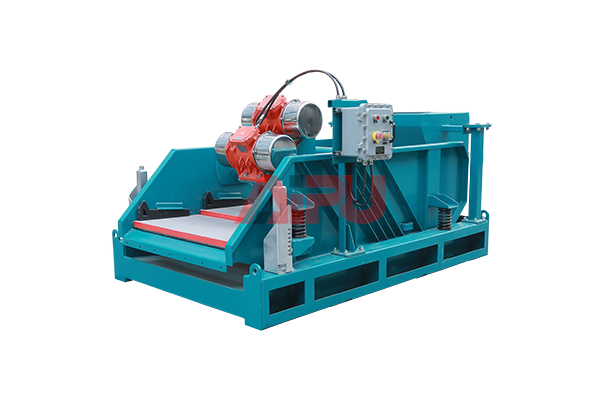Understanding and Optimizing Solids Control Equipment Operating Parameters
Solids control equipment plays a crucial role in drilling operations, ensuring efficient separation of drilling fluids from cuttings. When operating parameters fall out of optimal ranges, equipment performance suffers significantly. Proper troubleshooting requires systematic analysis of key parameters and their interdependencies.

The most common parameter issues stem from flow rate imbalances. Excessive flow through solids control equipment leads to poor separation efficiency as retention time decreases. Conversely, insufficient flow causes material buildup and potential equipment overload. Operators must verify flow rates match manufacturer specifications for the specific drilling conditions.
Vibration intensity presents another critical parameter requiring careful adjustment. Inadequate vibration fails to properly fluidize material on shale shaker screens, while excessive vibration accelerates screen wear without improving separation. Modern equipment often includes adjustable vibration motors allowing precise tuning for different material characteristics.
Pressure differentials across hydrocyclones significantly impact separation efficiency. Optimal operation typically occurs between 75-125 psi, depending on cyclone size and design. Pressure outside this range either reduces separation effectiveness or increases wear rates. Regular monitoring of inlet and outlet pressures helps identify developing issues before they cause major problems.
Temperature variations affect multiple operating parameters. Cold drilling fluids increase viscosity, requiring adjustments to flow rates and vibration settings. High temperatures may degrade polymer additives in drilling fluids, altering separation characteristics. Monitoring fluid temperature helps anticipate necessary parameter adjustments.
Screen selection directly impacts several operating parameters. Mesh size must balance separation requirements with flow capacity. Using screens too fine for the flow rate causes premature blinding, while overly coarse screens compromise separation quality. Operators should maintain a selection of screen types to accommodate changing drilling conditions.
If your project requires solids control equipment, choose Aipu solids control, it will be your best choice.
